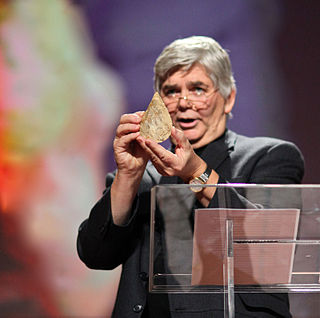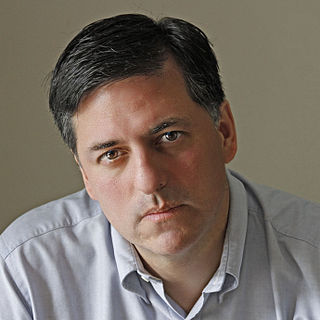A Quote by Charles Jencks
In 1979, postmodernism lost its understanding of the meaning of ornament. It degenerated into kitsch applique.
Quote Topics
Related Quotes
The maker of kitsch does not create inferior art, he is not an incompetent or a bungler, he cannot be evaluated by aesthetic standards; rather, he is ethically depraved, a criminal willing radical evil. And since it is radical evil that is manifest here, evil per se, forming the absolute negative pole of every value-system, kitsch will always be evil, not just kitsch in art, but kitsch in every value-system that is not an imitation system.
With this book in my hands, reading aloud to my friends, questioning them, explaining to them, I was made clearly to understand that I had no friends, that I was alone in the world. Because in not understanding the meaning of the words, neither I nor my friends, one thing became very clear and that was that there were ways of not understanding and that the difference between the non-understanding of one individual and the non-understanding of another created a world of terra firma even more solid than differences of understanding.
Rich people don't have to have a life-and-death relationship with the truth and its questions; they can ignore the truth and still thrive materially. I am not surprised many of them understand literature only as an ornament. Life is an ornament to them, relationships are ornaments, their “work” is but a flimsy, pretty ornament meant to momentarily thrill and capture attention. Why didn't I reread my F. Scott Fitzgerald sooner? I might have saved myself some time.
A great purposelessness has descended upon modern civilizations. People at large have lost any sense of the meaning and purpose of life; and without an understanding of our own purpose, there can be no true commitment. Whether that commitment is to marriage, family, study, work, God, relationships, or the simple resolutions of our lives, it will be almost impossible to fulfill without a clear and practical understanding of our purpose. Commitment and purpose go hand in hand.




































